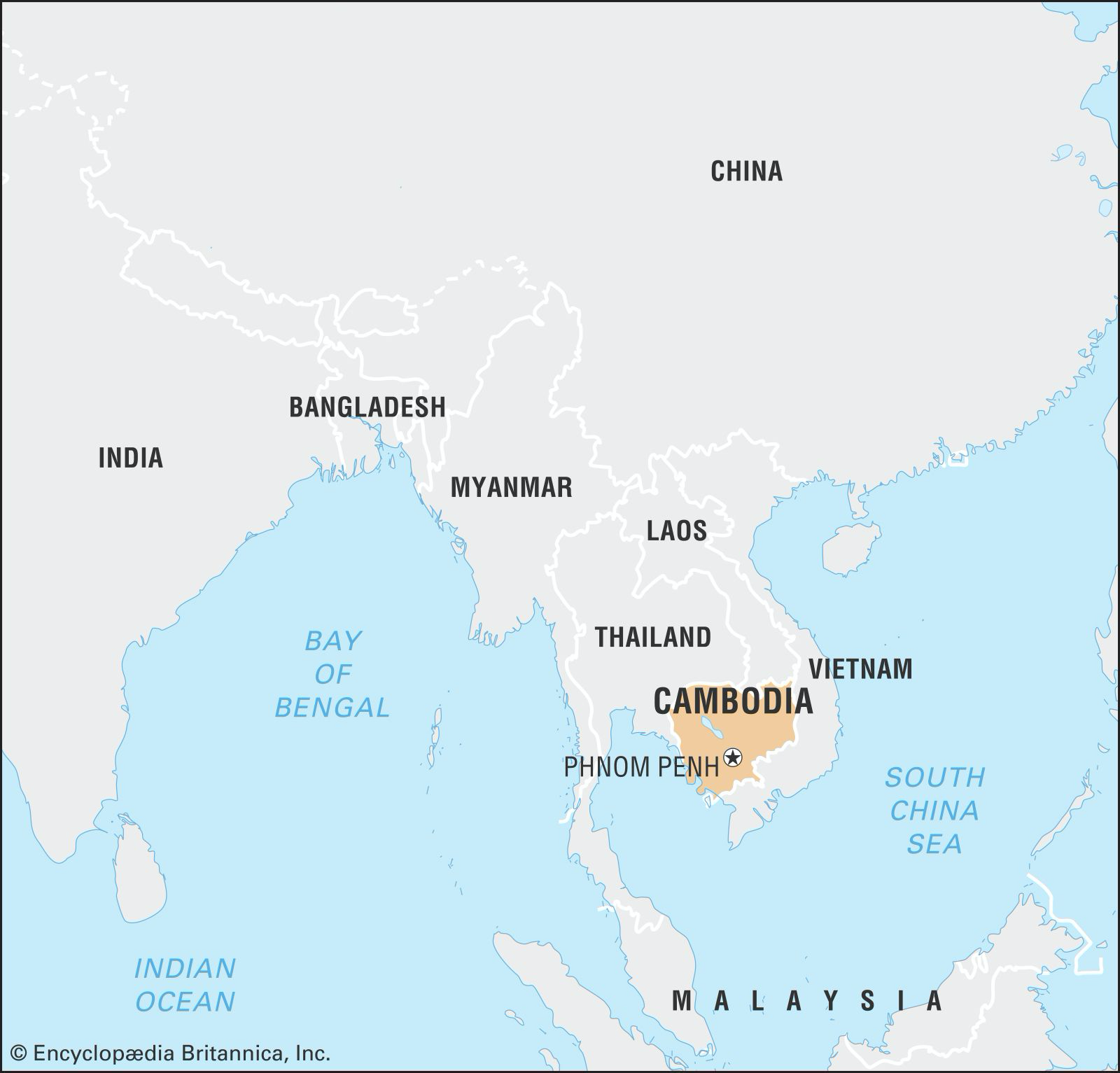Free Courses Sale ends Soon, Get It Now


Free Courses Sale ends Soon, Get It Now



Context
The political situation and transition of power in Cambodia.
Details
Continued Dominance of Hun Sen
Hun Sen's Legacy and Criticisms
Uncertain Political Future
International Relations
Hun Sen's Transition
About Cambodia
History
Culture and Heritage
Economy
Challenges
Recent Developments
Tourism and Attractions
Cuisine
Language
Future Outlook
|
PRACTICE QUESTION Q) Which factors have significantly contributed to Cambodia's historical and cultural identity?
A) The influence of Hinduism and Buddhism, resulting in the creation of the Angkor Wat temple complex. B) The colonial rule by the British Empire, leading to the preservation of traditional Cambodian art forms. C) The discovery of oil reserves in the late 20th century, revolutionizing Cambodia's economy. D) The establishment of a communist regime in the 1960s, fostering artistic and literary innovation. Answer: A |
https://epaper.thehindu.com/ccidist-ws/th/th_delhi/issues/46875/OPS/G7OBJC0TE.1.png?cropFromPage=true
© 2024 iasgyan. All right reserved